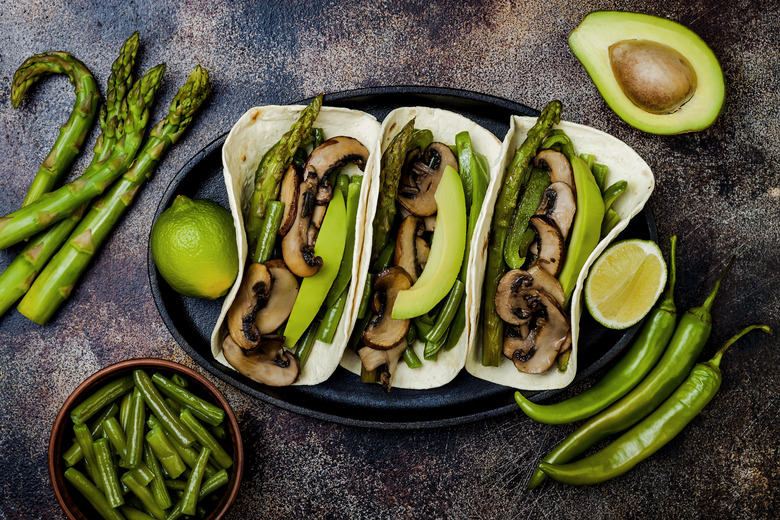Vegan Diet Is Best For Avoiding Disease, Study Says
Vegan diets are more than just the latest wellness craze. Celebrities like Tom Brady and Beyoncé swear by them, and previous studies have linked them to health benefits such as an improvement in heart health and a lower risk of Type 2 diabetes. A new study published in The Journal of Nutrition seems to support the claim that vegans are healthier, showing that they had higher levels of unsaturated fats and antioxidants in their blood and lower levels of saturated fats.
Cardiologists Share the Best Things You Can Do for Your Heart
There are a few reasons these health markers matter. Antioxidants found in many fruits and vegetables have been linked to lowered risk of cancer and damaging inflammation. And while unsaturated fats such as those found in olive oil and avocados could improve heart health when you eat more of them, an excess of saturated fats such as those found in butter and bacon grease could have the opposite effect.
The researchers studied five different dietary patterns: vegan, lacto-ovo vegetarian (eating eggs and dairy but no meat or fish), pesco-vegetarian (eating fish but no meat), semi-vegetarian (eating meat less than once per week) and non-vegetarian (eating meat more than once per week).
Vegans had the best-looking panels across the board with the highest levels of omega-3 fatty acids — the healthy fats found in walnuts, chia seeds and fatty fish — and antioxidants. Vegans also had the lowest levels of saturated fats. Lacto-ovo vegetarians and pesco-vegetarians had more antioxidants in their samples than frequent meat-eaters, but the difference was slightly smaller.
The researchers hypothesized that these notable differences were linked to a higher consumption of healthy, plant-based foods such as fruits, vegetables, grains, legumes, soy, nuts and seeds.
"It is the position of the Academy of Nutrition and Dietetics that appropriately planned vegetarian and vegan, diets are healthful, nutritionally adequate and may provide health benefits for the prevention and treatment of certain diseases," said registered dietitian Ginger Hultin, spokesperson for the Academy of Nutrition and Dietetics and owner of ChampagneNutrition. "These diets are appropriate for all stages of the life cycle, including pregnancy, lactation, infancy, childhood, adolescence, older adulthood and for athletes."
But all this is not to say this study proves that a vegan diet guarantees better health. Eating a vegan diet that's devoid of nutrient-rich foods probably won't save you from the health consequences of poor nutrition. And while there's an abundance of research showing the benefits of cutting out meat, other studies have suggested that vegan diets may be lacking in certain nutrients, such as vitamins B12 and D, and that while vegetarians and vegans tend to be healthier, more research is needed on why the trend exists. "While vegan and vegetarian diets are generally higher in many nutrients than omnivorous diets, there are some nutrients of concern to be aware of," Hultin said, "including B12, vitamin D and calcium, zinc, choline and iron."
Regardless of whether or not you're vegan, adding more foods to your diet that contain these anti-inflammatory compounds is probably a good idea. Because of their antioxidants and other beneficial nutrients, eating more of these 50 foods could lower your risk of cancer.
